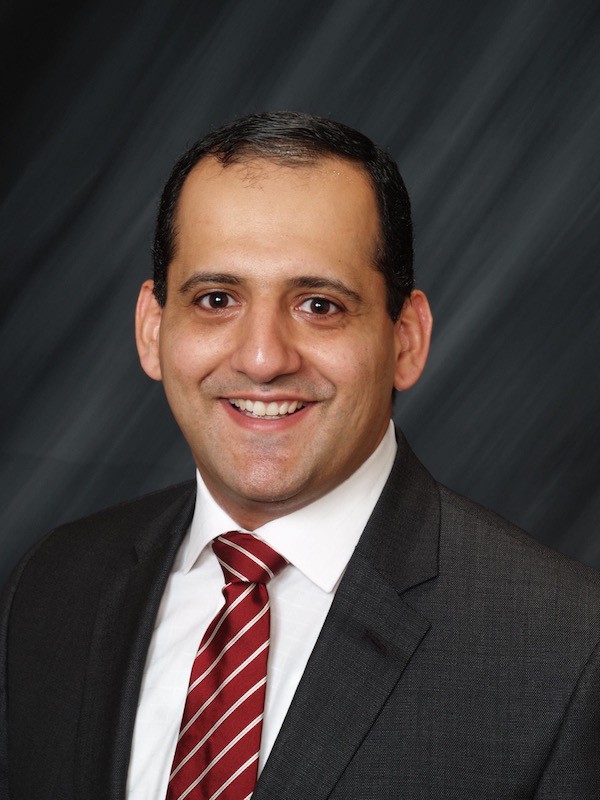- Undergraduate
Bachelor's Degrees
Bachelor of ArtsBachelor of EngineeringPartner School Dual-DegreeUndergraduate AdmissionsUndergraduate Experience
- Graduate
Doctoral Degrees
Doctor of PhilosophyPhD Innovation ProgramDoctor of Medicine-PhDGraduate AdmissionsGraduate Experience
- Research
- Entrepreneurship
- Community
- About
-
All Thayer News
Dartmouth Develops New Formulas for Renewable Energy Integration into the Electric Grid
Sep 28, 2016
Researchers from Thayer School of Engineering at Dartmouth, the Massachusetts Institute of Technology, and the United Arab Emirates’ Masdar Institute of Science and Technology have developed critical new formulas for the smooth integration of renewable energy into the electric grid.
Integrating renewable energy into the electric power system is essential for reducing carbon dioxide emissions. But the variability of renewable energy presents challenges for balancing energy sources feeding the grid. In order to get the balance right, power grid operators must procure operating reserves, a form of excess generation capacity. Yet, while insufficient operating reserves put the grid’s reliability at risk, excessive capacity is costly.
Maintaining reserve capacity is relatively easy when electricity is generated by fossil fuels, because we can control how much we put into the system. In contrast, the amount of renewables available to the grid at any time, like the weather that influences them, must be predicted.
The new formulas tell exactly how much reserve capacity the power grid should have, depending on the amount of renewables on the grid and various parameters, such as market time steps and forecast errors, that influence how the grid is operated. The formulas can be used to calculate the requirements for each type of operating reserves: load following (the extra power-generating capacity needed in case demand exceeds what was predicted), ramping (the ability to flexibly raise or lower power generation), and regulation (power-generation capacity controlled by automatic feedback loops).
These formulas—which will be useful to the energy industry and policy makers—are detailed in “An A Priori Analytical Method for the Determination of Operating Reserve Requirements,” published in the International Journal of Electrical Power & Energy Systems (IJEPES). The work is authored by Aramazd Muzhikyan (Masdar Institute), Amro M. Farid (Thayer School of Engineering at Dartmouth) and Kamal Youcef-Toumi (Massachusetts Institute of Technology).
For contacts and other media information visit our Media Resources page.

